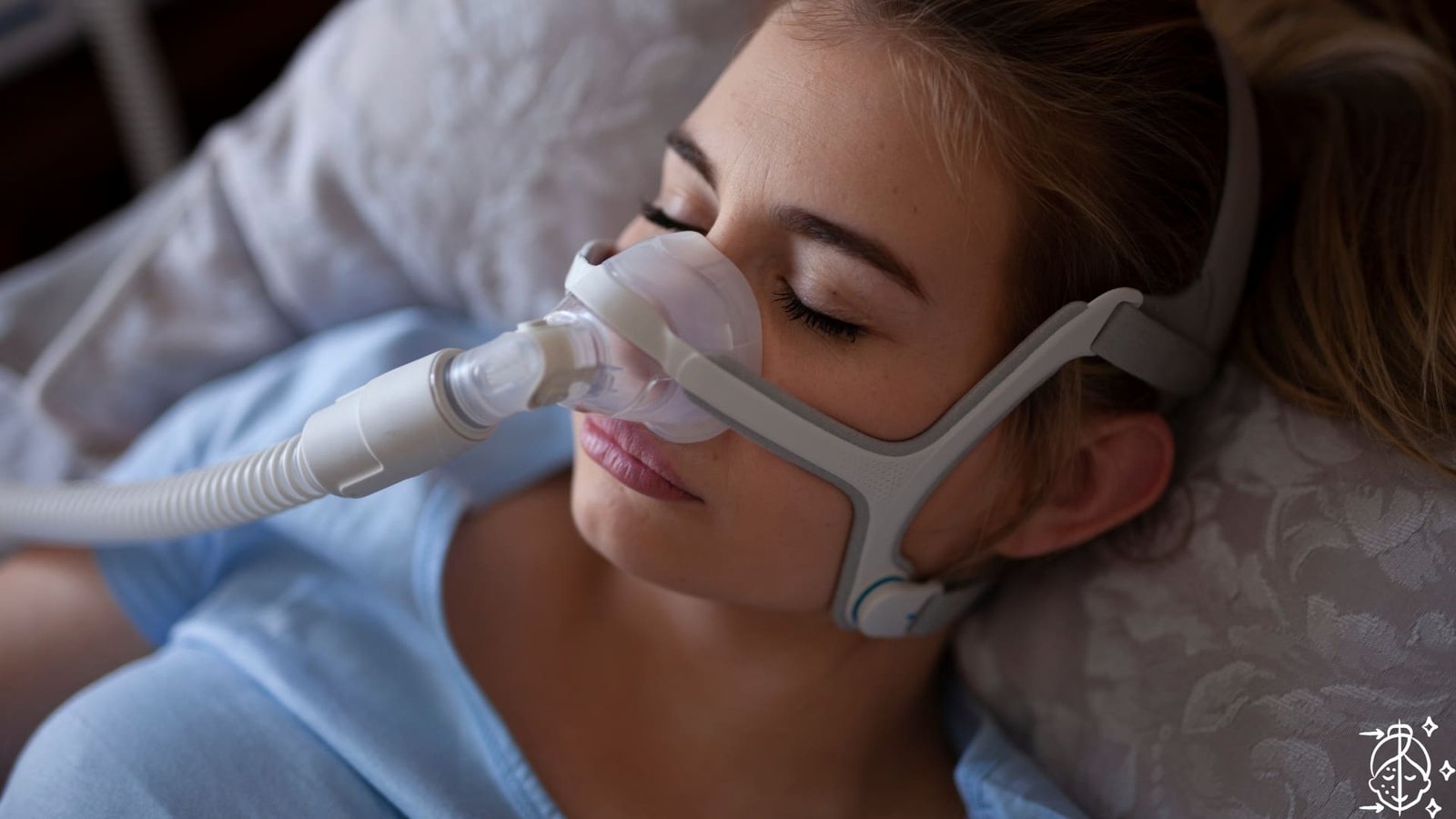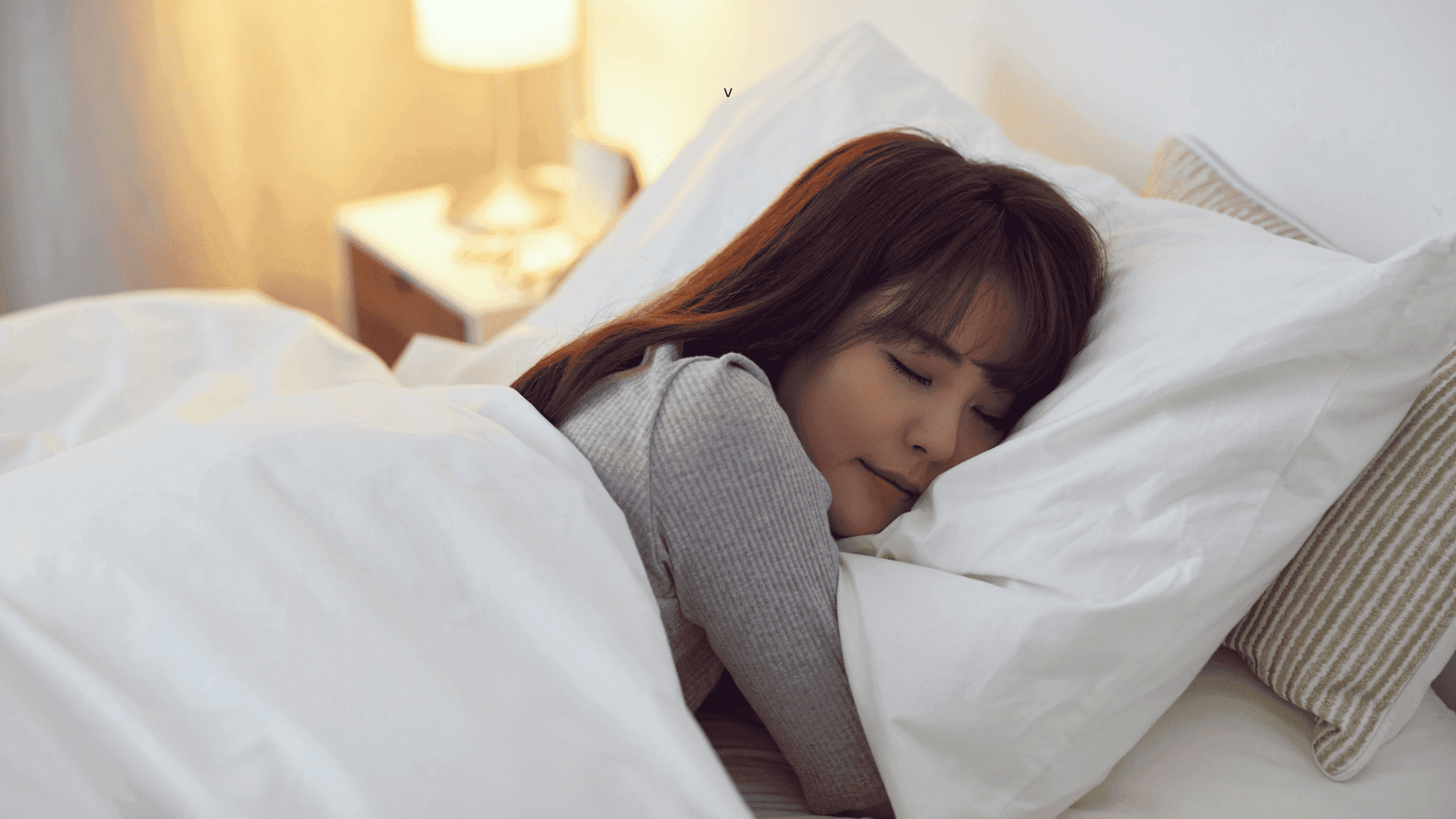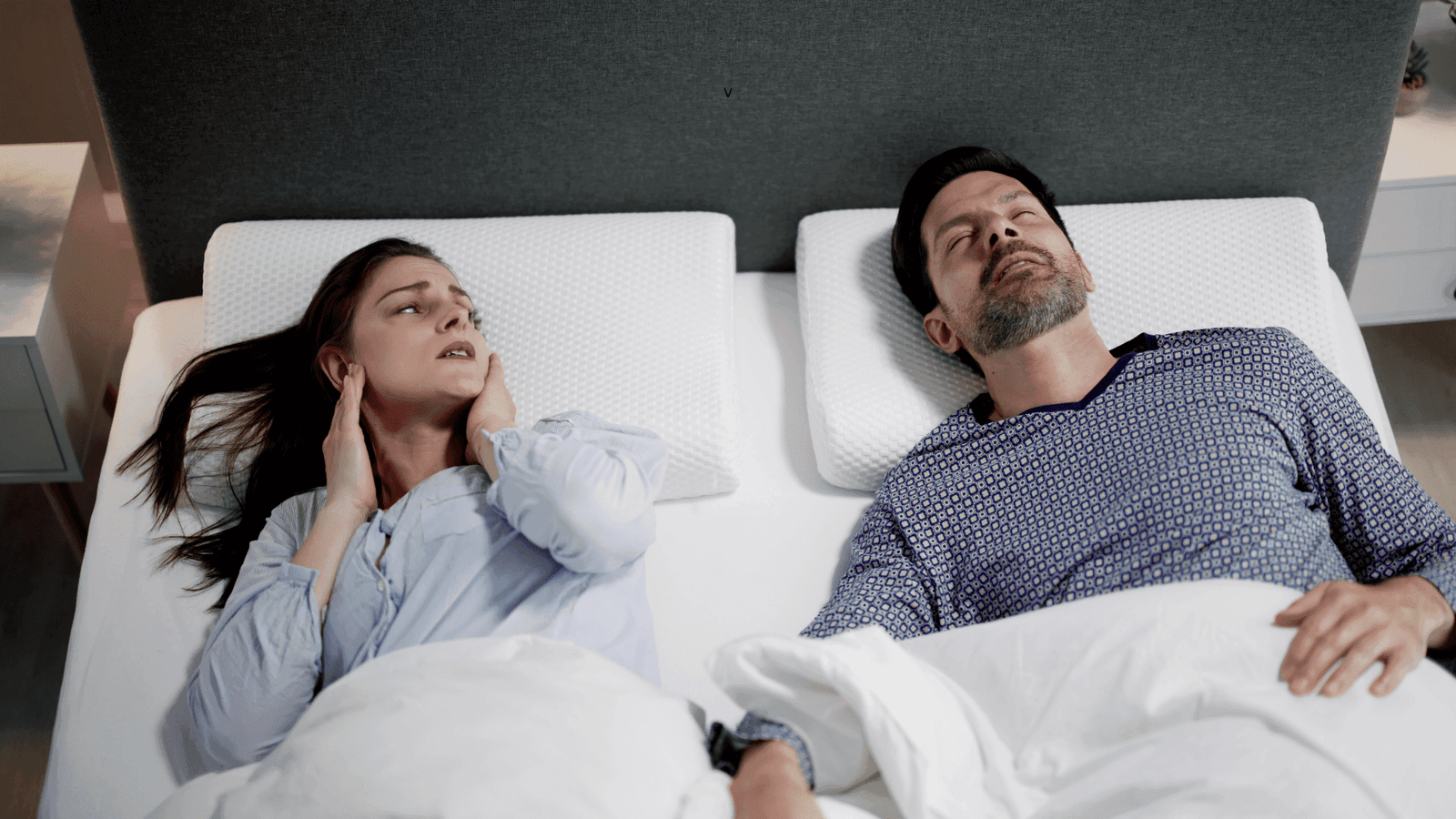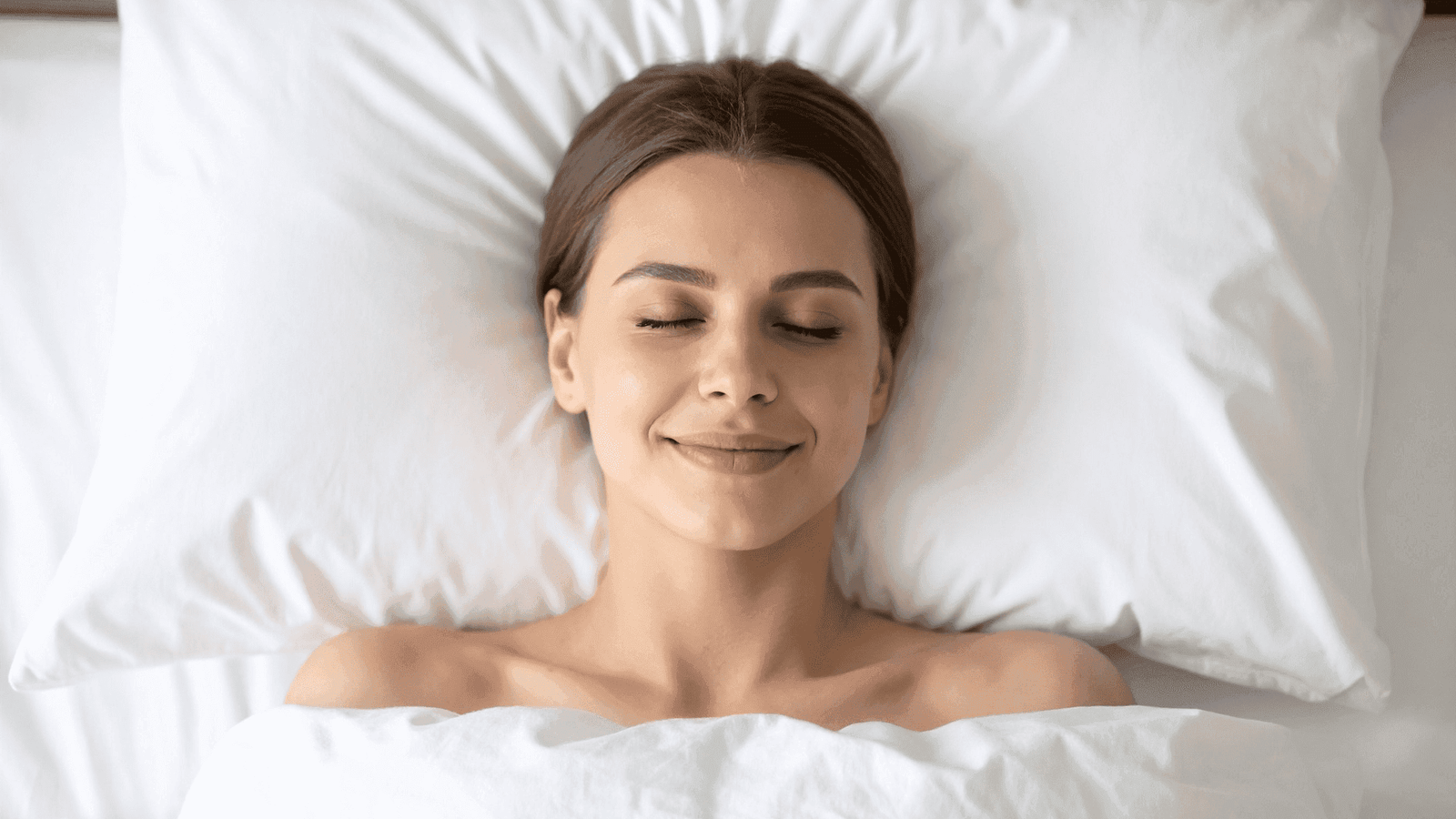Snoring: More Common Than You Think
Almost everyone snores at some point — after a long day, after drinking alcohol, or when battling allergies. For many, it’s an occasional issue that doesn’t affect health. But for some, snoring is a red flag that points to something much more serious: sleep apnea.
At her Worcester practice, Dr. Monica Gobran helps patients figure out whether their nighttime noise is harmless or a sign they need professional treatment.
Why Do People Snore?
Snoring happens when airflow is partially blocked during sleep. As air struggles to pass through relaxed tissues in the throat or nasal passages, it causes vibrations that create that familiar rumbling sound.
Factors that make snoring more likely include:
- Sleeping on your back
- Carrying extra weight
- Alcohol or sedative use
- Nasal congestion
- Age-related muscle relaxation
What Makes Sleep Apnea Different?
Sleep apnea isn’t just snoring — it’s snoring with interrupted breathing. People with obstructive sleep apnea (OSA) often:
- Snore loudly, then pause breathing for seconds at a time
- Gasp or choke in their sleep
- Toss and turn restlessly
- Wake up feeling unrefreshed despite a full night in bed
These pauses in breathing lower oxygen levels, putting strain on the heart and brain.
Signs That Snoring May Actually Be Sleep Apnea
- Snoring that disrupts your partner’s sleep every night
- Gasping, choking, or waking up suddenly
- Morning headaches or dry mouth
- Constant fatigue or brain fog during the day
- Mood changes like irritability or depression
The Health Risks of Ignoring Sleep Apnea
Unlike simple snoring, sleep apnea is linked to:
- High blood pressure
- Stroke and heart disease
- Diabetes complications
- Memory and focus problems
- Dangerous drowsiness while driving
Treatment Options in Worcester
- Oral Appliance Therapy
- A custom-made device fitted by Dr. Gobran
- Keeps the airway open by adjusting the jaw or tongue
- Comfortable, portable, and easy to wear
- CPAP (Continuous Positive Airway Pressure)
- Often prescribed for moderate to severe cases
- Effective but sometimes hard for patients to tolerate
- Lifestyle Adjustments
- Losing weight, avoiding alcohol, or changing sleep positions
- Surgical Options
- In select cases, surgery can reduce tissue blockages
Final Thoughts
Snoring isn’t always “just snoring.” If your sleep (or your partner’s) is constantly disrupted, it may be time for a professional evaluation. Dr. Monica Gobran in Worcester offers advanced solutions to diagnose and treat sleep apnea, giving patients better rest and healthier lives.
📍 Worcester, MA
🌐 drgobransleepapnea.com
📞 Call today for a sleep apnea consultation







